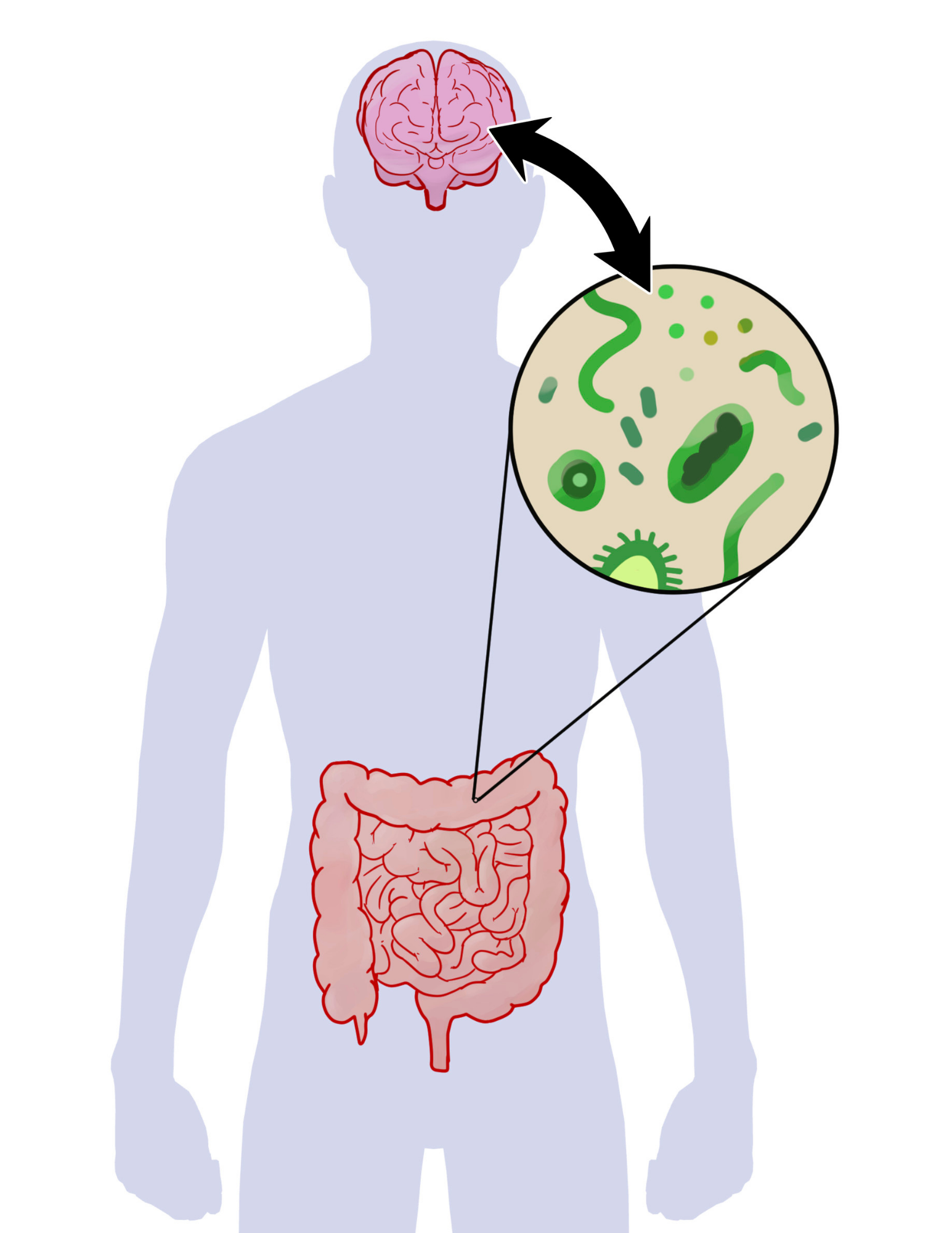Summertime and The Fire Element in Eastern Medicine and Acupuncture
[caption id="attachment_11875" align="alignleft" width="226"] Dr. Scott Greenapple[/caption] Summer is now officially here. In traditional Chinese Medicine (TCM) the Fire element governs summer, the season of the highest heat and outward expression. In TCM, this is considered the most Yang time of year. Yang distributes function and energy. The season, when we are in balance, rewards us with abundant energy, growth, fun-filled activities, and meaningful connections. As the days grow longer and nature reaches its full bloom under the intense sun, the Fire element, as it relates to us, supports our bodies with vitality, joy, and hopefully, our capacity to show love for one another and the universe at large. Each element in Chinese medicine is associated with what are known as meridians or channels, which are named after...











